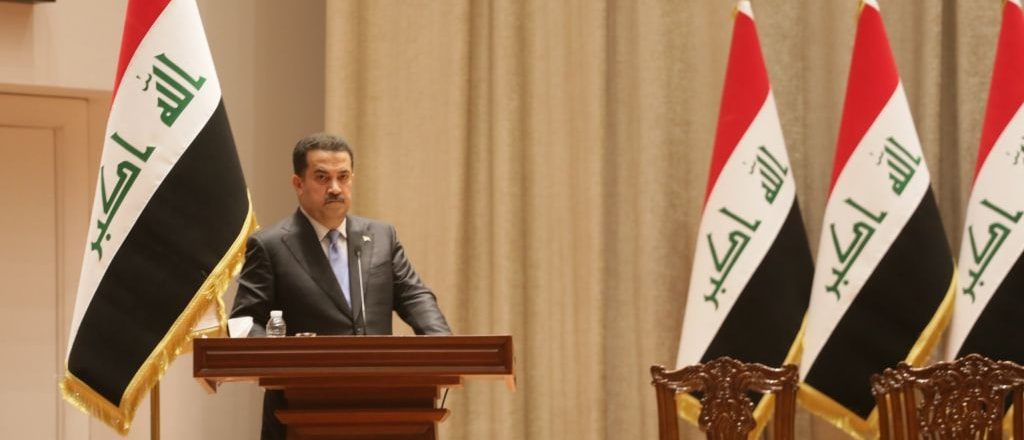The Prime Minister has on at least two occasions publicly committed to the protection of public freedoms and human rights. Yet less than several months since his administration took power, the ministry of interior has established new mechanisms to monitor “indecent content” on social media, which has already led to courts sentencing six people to prison for exercising their right to free speech.
The organization urged the government to ensure meaningful progress in the stalled accountability process for the 2019 crackdown on protests and prioritize long-standing issues such as displaced people’s access to livelihood, gender-based violence and death sentences issued after unfair trials.
“The true measure of a government’s commitment to human rights is not in the promises it makes, but in the action it takes. The people of Iraq deserve more than empty rhetoric and endless cycles of abuse,” said Aya Majzoub, Amnesty International’s Deputy Director for the Middle East and North Africa.
“It is a worrying sign that just a few months in, the Al-Sudani government has started a campaign to crack down on “indecent content” online, resulting in people being prosecuted after posting harmless videos of themselves dancing and making jokes. Meanwhile, those who committed grave crimes like abductions, torture and killings in the context of the October 2019 protests are yet to be brought to justice.”
The committee has referred at least 16 cases for criminal investigation by judicial authorities and from complaints on the “Balgh” platform. Criminal courts have already sentenced six individuals to prison over their social media posts and are investigating another eight. The AFP reported that some of the individuals who were prosecuted were known for creating content related to music and comedy.
Criminal courts continue to prosecute people for expressing critical political views. On 5 December 2022, a criminal court in Baghdad sentenced 20-year-old Haidar al-Zaidi to three years in prison over a tweet criticizing the deceased deputy commander of the Popular Mobilization Units (PMU). Al-Zaidi was sentenced under Article 226 of the Penal Code, which punishes any “insult to the National Assembly or the government or the courts or the armed forces or any other constitutional body or the public authorities or official or semi-official agencies or departments” by seven years imprisonment or a fine.
Aya Majzoub, Amnesty International
To date, there have been no public announcements on the results of the numerous committees established to investigate violations.
On 15 February, Prime Minister al-Sudani directed the acceleration of investigations into “the events that accompanied the October 2019 demonstrations”. Amnesty International calls on the Prime Minister to ensure that there is meaningful progress in accountability proceedings for these grave violations that took place almost three years ago and that abusers are swiftly brought to justice.
Amnesty International is calling on the government to end this discrimination and ensure safe returns for all displaced persons, including those repatriated from north-east Syria.
Amnesty International opposes the death penalty in all cases without exception, regardless of the nature or circumstances of the crime; guilt, innocence or other characteristics of the individual; or the method used by the state to carry out the execution. The death penalty is the ultimate cruel, inhuman and degrading punishment.
“The Prime Minister has an opportunity to end Iraq’s brutal practice of sentencing people to death, often following unfair trials, by announcing a moratorium on all executions with a view to abolishing the death penalty entirely,” said Aya Majzoub.


 RSS Feed
RSS Feed